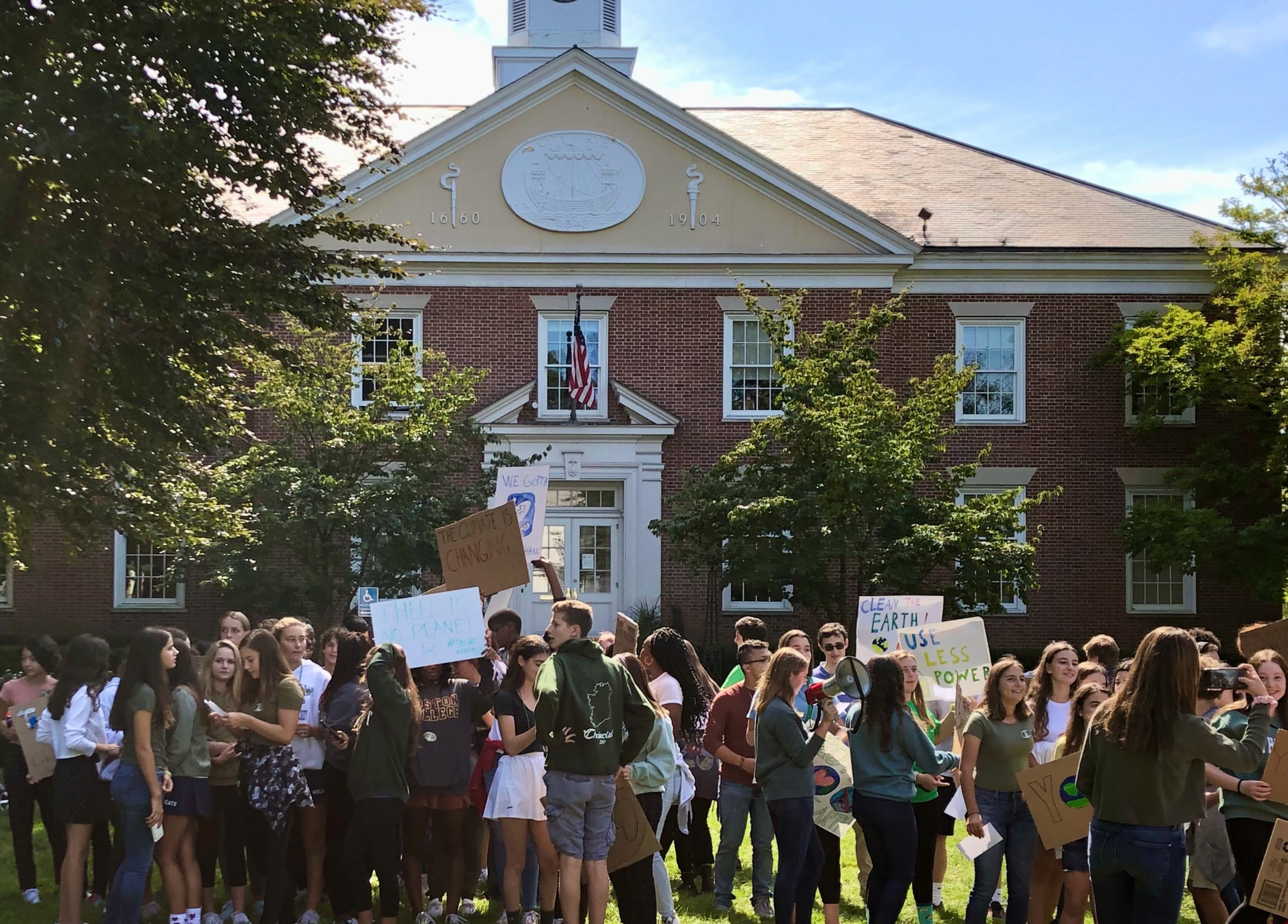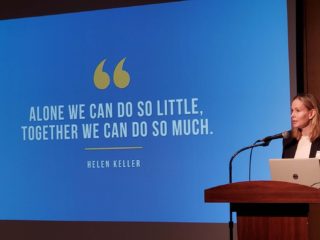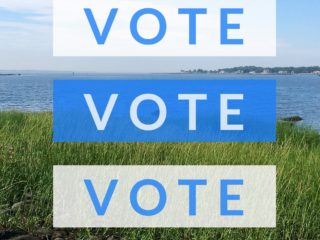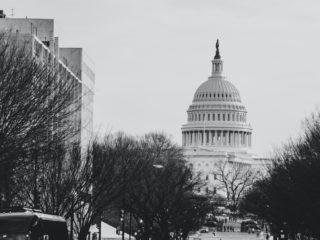This morning while sifting through the latest news, I spotted a story about the imminent repeal of Colorado’s plastic bag preemption law. Believe it or not, this is big news. There are 20 states with plastic bag preemption laws designed to thwart progress in stemming the tide of this country’s plastic pollution crisis. If passed, Colorado’s repeal of its law will be the first in the nation.
What is Preemption Law?
A preemption law is a law passed by a higher legislature that overrides and makes void the law or ordinance of a lower legislature. In so doing, the authority of the lower legislature is restricted in its ability to implement and pass local regulations, ordinances, and laws.
Examples of these types of restrictions exist at state and federal levels and include preemption laws related to issues as varied as workers’ rights, gun control, marijuana decriminalization, and even budget reductions in police departments.
Preemption laws abound in the area of environmental protection. You’ll see evidence of state intrusion on the ability of local municipalities to pass plastic bag and packaging bans, disposable straw bans, and regulations on harmful pesticides.
An Effective Weapon Against Blue Cities in Red States
You’ll typically find examples of these types of laws in states with Republican-controlled state legislatures that have a preponderance of Democratically controlled municipalities. A preemption law is an effective tool wielded by red state legislatures to control upstart blue cities from institutionalizing progressive policies.
When it comes to preemption efforts, powerful pro-industry groups are never far away. The American Legislative Exchange Council (ALEC), for instance, provides guidance and model laws to support the usage of pesticides and plastic packaging.
In general, preemption activity is on the rise. Plastic-related preemption laws blanket forty percent of our country, with much of this state action occurring in recent years. In 2020, for example, Ohio and South Dakota passed laws that restricted local governments from regulating the use of plastics and plastic products. Ohio’s is meant to be a temporary measure instituted during the pandemic, but it remains to be seen whether it will become permanent. South Dakota’s law is permanent.
Let Communities Lead

These efforts to impede local control are successful because they’re done behind the scenes. I don’t know about you, but I had no knowledge of preemption laws until I embarked on a plastic bag ban initiative in my hometown. Most people are unaware of any limits on the ability of their communities to implement policies of their choice. This is precisely what makes preemption laws so appealing as a political tool: They’re effective, yet very few of us are aware of what’s happening.
What’s worse, however, is that these tactics suppress citizen engagement at its most critical level: the local level. Think about it — we’re intimately tied to the inner workings of our neighborhoods and communities. We understand best what needs to be fixed in our towns, whether it’s issues related to pollution, pesticides on our public spaces, or the local budget.
Most importantly, most of us care about our communities and are more inclined to act if we see something wrong. In most cases, citizens will contact their local elected officials first when there’s an issue to be addressed. As a member of our City Council, I receive dozens of emails and calls each day from constituents asking for help. It makes sense to appeal to the representative who is well acquainted with her community. Most often I know the people, but even if I don’t, I know their neighborhood and am familiar with the issues they raise.
Preemption, however, stifles citizen engagement by severing that direct connection between citizens and the legislative body that has the power to effect change. When I think of the successful citizen-driven initiatives I’ve worked on that have been buoyed by enthusiastic community support, they’ve been the ones where our City Council has had the power to respond with substantive policy implementation. That ability to realize instant gratification through the local legislative body is empowering and only fuels more citizen engagement in civic affairs.
That’s why the Colorado repeal of its plastic bag preemption law is such encouraging news. It returns control to localities and their people. I hope this will be the beginning of a positive trend, but an important first step is recognizing that behind the legal jargon are political machinations designed to undermine our democratic rights in our own communities.









